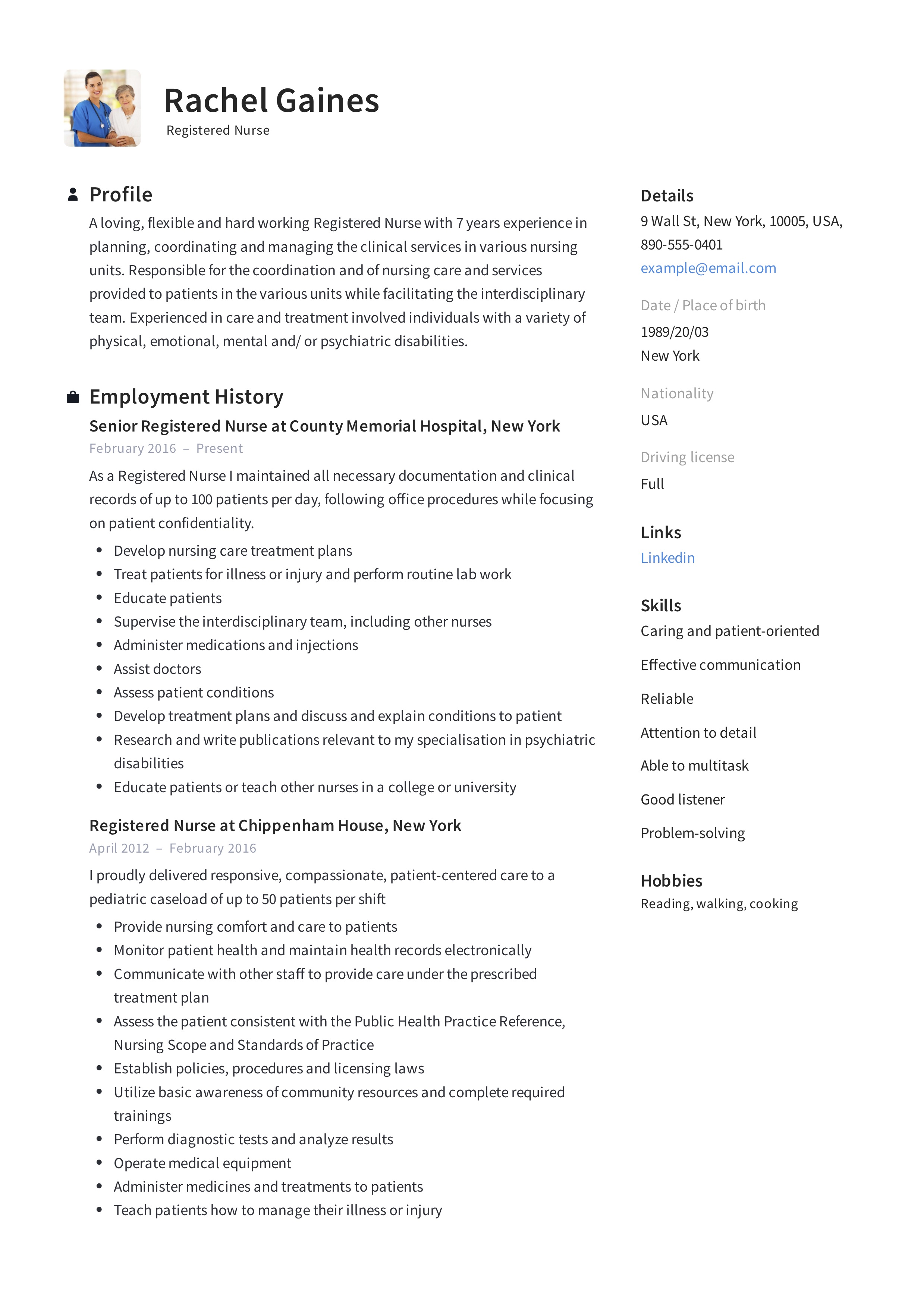In today’s competitive healthcare landscape, a well-written nursing resume is essential for unlocking your ideal career. Whether you’re stepping into the workforce as a nursing assistant, a recent graduate eager to make your mark, or a seasoned nurse with years of experience, a polished resume can help you stand out in a saturated candidate pool. The stakes are high; healthcare companies are not only looking for credentials and expertise but also seek candidates who demonstrate a capacity for compassionate care and teamwork.
This comprehensive guide will help you navigate the process of crafting a nursing resume that highlights your qualifications and achievements, positioning you as the perfect candidate for the job. From understanding the vital components of a nursing resume to receiving tailored writing advice for fresh graduates and nursing assistants, we’ll provide tips and examples to enhance your application. Remember, your resume is more than just a list of past jobs; it’s a marketing tool that showcases your clinical skills, empathetic nature, and ability to thrive under pressure in a demanding healthcare environment.
Why a Good Nursing Resume Matters
A well-crafted nursing resume is essential for making a positive first impression on potential employers. It serves as your introduction to hiring managers who sift through numerous applications for every position. A succinct and straightforward resume that focuses on your most relevant experiences will immediately grab attention, presenting you as a serious candidate in a competitive job market. By showcasing your skills and passion for healthcare, your resume can set the stage for the next steps in your career.

In the nursing profession, your resume goes beyond merely listing past employment and education; it functions as a marketing tool that highlights your clinical competencies, compassionate nature, and ability to thrive under pressure. Tailoring your resume to reflect your unique qualifications and the patient-centered demands of nursing is crucial. A strong resume conveys that you not only possess the necessary credentials but also are dedicated to providing exceptional patient care within a collaborative team environment.
Moreover, hospitals and healthcare facilities are constantly on the lookout for candidates who can deliver outstanding patient care while contributing to effective teamwork. Nursing Resume template that stands out can be your key to unlocking these career opportunities. It plays a vital role in your job search by helping you pass through Applicant Tracking Systems and ultimately landing interviews that could lead to the nursing position you aspire to.
Nursing Resume Essentials
A nursing resume, while generally structured, requires a depth of content that effectively showcases your talents and expertise. It should include key elements that serve specific functions, helping you to stand out among other applicants. A well-organized resume will not only highlight your relevant experience but also frame you as a capable candidate who is ready to meet the demands of the healthcare industry.
One of the most critical components of your resume is the contact information. Ensure that it is accurate and professional, featuring your full name, a straightforward email address, and a readily reachable phone number. If applicable, adding a link to your LinkedIn profile can provide potential employers with more insight into your professional background. Avoid using casual or unprofessional email addresses to maintain a polished presentation.
Equally important is the professional summary, which acts as a snapshot of your career and qualifications. This section should be tailored to the job you are applying for, clearly presenting your years of experience and the unique skills you bring. For new graduates, emphasizing your education and relevant clinical experiences is crucial, while seasoned nurses should focus on their established track record and expertise to convey their value to potential employers. A compelling summary can capture the employer’s attention and encourage them to delve deeper into your resume.
Tips for Crafting Your Resume
To create an effective nursing resume, it’s vital to tailor it for the specific position you are applying for. Research the job description and incorporate relevant keywords that reflect the required skills and qualifications. Highlight experiences and achievements that align with the role, such as leadership in patient care or participation in collaborative healthcare projects. This custom approach will demonstrate to hiring managers that you have a clear understanding of what the job entails and how you can contribute to their team.
Clarity and conciseness are crucial when writing your resume. Aim for a clean layout with distinct sections that are easy to navigate. Use bullet points for your achievements and responsibilities to make your successes stand out. Avoid lengthy sentences—each line should pack a punch, highlighting your strengths and capabilities. Employers often spend only a few seconds reviewing each resume, so make sure yours is visually appealing and easy to read at a glance.
Lastly, don’t underestimate the importance of proofreading your resume. Grammatical errors or typos can create a negative impression and suggest a lack of attention to detail. Ask a trusted friend or mentor to review your draft for clarity and impact. Getting external feedback can also help identify areas for improvement that you might not have noticed. A polished and error-free resume greatly enhances your chances of making a strong first impression in your job search.